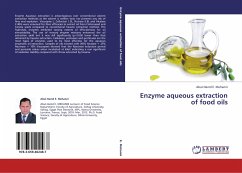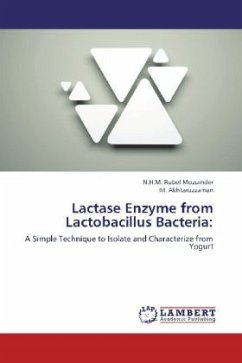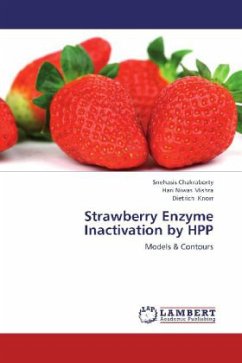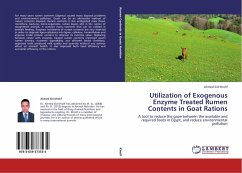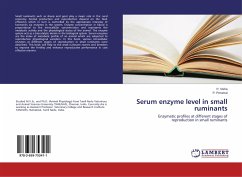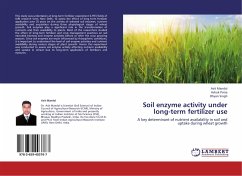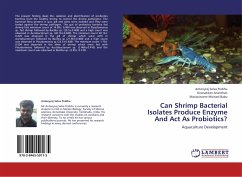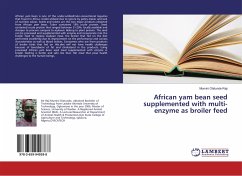Enzyme Aqueous extraction is advantageous over conventional solvent extraction methods as the solvent is neither toxic nor presents any risk of fires and explosion. Viscozyme L, Celluclast 1.5L, Nutrase 0.8L and Alcalase 2.4lFG were screened for their efficacies to extract oil from Cottonseed and Canola seeds compared to conventional hexane extraction method. The hydrolytic enzymes exhibited varying extents of effectiveness for oil extractability. The use of ternary enzyme mixtures enhanced the oil extraction yield but it was still significantly (p0.05) lower than that obtained by hexane extraction. Cellulases, proteases and pectinases are the most types of enzymes used to be most effective for the aqueous enzymatic oil extraction. Samples of oils treated with (65% Alcalase + 25% Neutrase + 10% Viscozyme) showed that the Rancimat induction period and peroxide values when incubated at 63oC indicating a non significant of oxidative stability compared with those extracted by hexane.
Bitte wählen Sie Ihr Anliegen aus.
Rechnungen
Retourenschein anfordern
Bestellstatus
Storno

